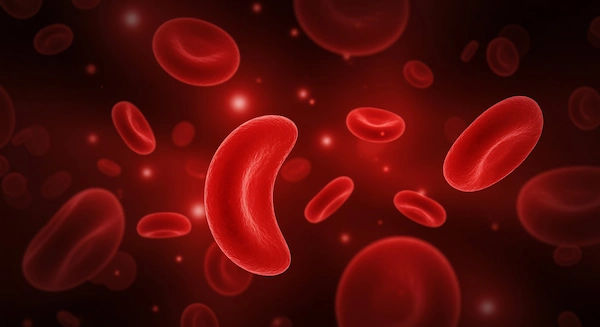- Male
- 28 Years
- 07/02/2025
I'm really concerned about this numbness in my left hand and the anxiety I'm feeling. I went to see my doctor, who suggested I visit a cardiologist. After doing a 2D echo, the cardiologist mentioned something about a dilated LV, and it's got me really stressed out. What does dilated LV mean? Should I be worried about it?
Answered by 1 Apollo Doctors
it is concerning to hear about your symptoms and the findings on your 2D echo report showing dilated left ventricle (LV). In this case, the cardiologist may prescribe medications to help with the condition. One common medication for dilated LV is Carvedilol, starting at a low dose of 3.125 mg twice daily and gradually increasing as tolerated. This medication can help improve heart function and reduce symptoms. Additionally, the cardiologist may recommend lifestyle changes such as reducing salt intake, regular exercise, and stress management techniques to support heart health. It is important to follow up with your cardiologist regularly to monitor your condition and adjust treatment as needed
Dr. Chandra Suggests...
Consult a Cardiologist
Answered 04/07/2025
0
0

More Cardiology Health Queries
View allI'm a bit concerned and confused about my blood pressure readings. I've been using an electronic BP machine at home, and I've noticed that my readings are high when I first measure it while sittingsomething like 135 to 140 over 90 to 95. But after a few minutes, it seems to drop to around 125 to 130 over 85 to 90. Does this mean I might need medication, or is this fluctuation normal?
"Based on your blood pressure readings, it seems like you have elevated blood pressure, especially when initially measured in a sitting position. It is recommended to monitor your blood pressure regularly and make lifestyle modifications to help lower it. If your blood pressure consistently remains high, medication may be necessary. I would recommend consulting with a healthcare provider to discuss possible treatment options. In the meantime, you can try to reduce your blood pressure through lifestyle changes such as maintaining a healthy diet, regular exercise, reducing salt intake, and managing stress."
Answered by 1 Apollo Doctors
I just came across the term "borderline short PR interval" in my medical report, and I'm really curious about what it actually means. Is it something that I should be worried about? What could be causing it, and are there any specific treatments for it? I'm trying to understand if there are any risks involved and if I need to take any precautions. Would love some insight!
You're 30 weeks pregnant with a baby weighing 1265g (+-185g) and a diagnosis of mild Intrauterine Growth Restriction (IUGR). _Current Diet and Supplements_ 1. _Argipreg sachet and Alamine Forte_: Continue taking these as prescribed to support fetal growth. 2. _Diet_: Your current diet includes: - Milk with protein powder - Eggs - Dry fruits - Curd - Coconut water - Fresh fruits _Additional Recommendations_ 1. _Increase calorie intake_: Focus on nutrient-dense foods to support fetal growth. 2. _Protein-rich foods_: Include more protein sources like lean meats, fish, and legumes. 3. _Healthy fats_: Nuts, seeds, avocados, and olive oil are rich in healthy fats. 4. _Folic acid and iron supplements_: Ensure you're taking these essential supplements as prescribed. 5. _Stay hydrated_: Drink plenty of water throughout the day. 6. _Rest and stress management_: Prioritize rest and engage in stress-reducing activities like meditation or deep breathing exercises. _Monitoring and Follow-ups_ 1. _Regular prenatal check-ups_: Attend all scheduled appointments to monitor fetal growth and your health. 2. _Growth scans_: Continue with regular growth scans to track fetal development. 3. _Report any concerns_: Inform your healthcare provider about any changes in your symptoms, fetal movements, or overall health. Please consult your healthcare provider before making any changes to your diet or supplements. They will provide personalized guidance based on your specific situation.
Answered by 1 Apollo Doctors
I'm currently on clopidogrel 75 mg and aspirin 75 mg daily. I'm thinking of switching to clopitab CV 20 mg instead. Is it okay for my health to stop the aspirin and just take clopitab CV 20 mg? Would love to hear your opinion on whether this is a good idea or not.
NO u have to continue all the medications including aspirin also.
Answered by 1 Apollo Doctors
Disclaimer: Answers on Apollo 247 are not intended to replace your doctor advice. Always seek help of a professional doctor in case of an medical emergency or ailment.




